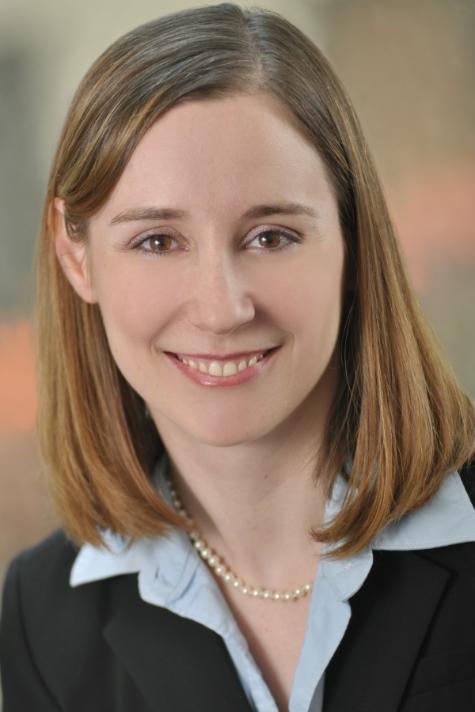Study Finds USMLE’s Denial of Accommodations Requests by Students with Disabilities Negatively Impacts Medical Schools
More Than Half of Medical Students with Disabilities from a Sample of U.S. Medical Programs Were Denied Accommodations

A new study has shown more than half of medical students with disabilities from a sample of U.S. medical programs were denied accommodations by the organization that administers the United Stated Medical Licensing Exam (USMLE) Step 1. The international team of researchers, which included lead author of the study Kristina H. Petersen, Ph.D., assistant professor of biochemistry and molecular biology at New York Medical College (NYMC), found these rejections detrimentally impacted both students and the medical schools they attend. The paper, “Impact of USMLE step-1 accommodation denial on US medical schools: a national survey,” was recently published in PLOS One.
The USMLE Step 1 exam, typically administered after a student completes two years of medical school, assesses whether that student can apply key concepts of basic science underpinning the practice of medicine, with emphasis on principles of health, disease and therapy. It includes a one-day examination, divided into seven, 60-minute blocks and administered in one eight-hour testing session.
For medical students with a disability – which translated to roughly 4.6% of the U.S. allopathic medical student population in 2019, or about 1,200 students -- that intensive one-day test can be riddled with barriers. Time-dependent barriers are the most prevalent for students with learning disabilities; those who require adaptive or assistive devices; and students with physical or chronic health disabilities that make it difficult to take an eight-hour exam in one sitting.
“Within time constraints, the reading is often the largest barrier for students with disabilities,” said Dr. Petersen, who, in her role at NYMC, coaches medical students on synthesizing large amounts of dense scientific materials in short periods of time.
Researchers administered a 10-question survey to student affairs deans and disability resource professionals at all fully accredited U.S. M.D.-granting programs. They also included two open-ended questions about the school’s experiences with accommodations denials.
Of the 141 schools that received the survey, 73 responded. Results determined that in the 2018-2019 academic year, 276 students from 73 schools applied for Step-1 accommodations. Of these, 144 students (52%) were denied. Of those denied, 74 students (51%) were delayed entry into the next phase of medical curriculum and 110 (76%) took the Step 1 exam unaccommodated. Of the 110 students who took it without accommodations, 35 (32%) failed the exam and four (3%) withdrew or were dismissed from medical school following exam failure.
School personnel who participated in the survey said that they provided varied investments of time and financial support for students requesting accommodations. Most schools reported investing less than 20 hours and less than $1,000 per student of assistance, while others reported spending more than 40 hours and $10,000 per student. This prompted the research team to call for parity in medical school support for students with a disability applying for USMLE accommodations.
According to Dr. Petersen and senior author Lisa Meeks, Ph.D., faculty member in the Department of Family Medicine at the University of Michigan, submitting a request for accommodations requires intense work for the student – roughly 20-25 hours gathering all requested information – time the student could use to study for Step 1. Students may also wait upwards of three months to learn if their accommodations are granted, which limits students’ timeline for appeal as they approach their exam date.
Dr. Petersen and Dr. Meeks, both members of the Coalition for Disability Access in Health Science and Medical Education, have worked together to author definitive books on disability and to ensure equal access for students with disabilities. Dr. Meeks is the outgoing president of the Coalition, while Dr. Petersen is the incoming president (2022-2024).
The goal in publishing the study was to call for an examination of the USMLE accommodation request process and to identify ways to streamline student requests and increase transparency in decision making.
“Our goal is to make a more efficient accommodations request system – and more transparency around the decision-making,” Dr. Meeks said. “These students are not less intelligent or less able. Extra time to take the test is not going to give them more knowledge, only an opportunity to demonstrate what they already know.”
“We’re not asking (the USMLE) to lower the standards for students who are disabled,” she added. “We’re just asking that the standards be reasonable.”
Portions of this article were excerpted from an article on the study from the University of Michigan Family Medicine News Archive, May 2022.
